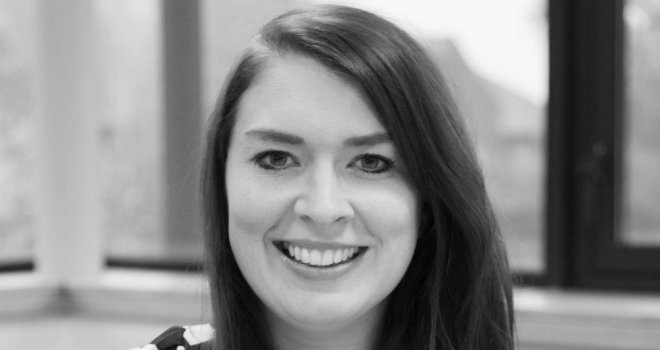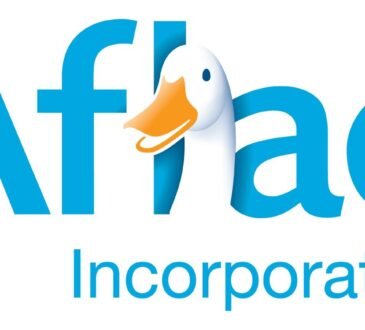“With this update, we are ensuring our lending keeps pace with the different ways people are living and earning”
– Charlotte Grimshaw – Suffolk Building Society
Suffolk Building Society has announced that it will now accept any currency as an income type for buy-to-let and holiday-let cases (except from some high-risk countries). For residential or regulated buy-to-let applications, applicants must be paid in any of 16 major currencies.
Foreign currency incomes will be converted into Sterling and the Society will apply a 20% haircut, to allow for changes in the exchange rate, before applying its standard affordability calculations.
This enhances the Society’s overall proposition and supports customers with multiple sources of income, in different currencies. The Society is also keen to highlight that multi-currency is not just for current expats.
Three examples of multi-currency scenarios:
A semi-retired British businessman has pensions in both US Dollars and Sterling. He also has a non-exec role for which he earns a salary in Euros. His mortgage affordability calculations can now factor in all three incomes.
A British expat is being paid in Australian Dollars, while her British husband has come back to the UK to work. Their joint application can now take into account both incomes.
A first-time buyer needs family assistance to purchase a flat. He is paid in Sterling whilst his mother earns Swiss Francs at a multinational company. He can add his mother to the mortgage to support affordability, whilst he is the only party named on the deeds (Joint Borrower Sole Proprietor).
Charlotte Grimshaw, (pictured) Head of Intermediary Relations and Mortgage Sales, Suffolk Building Society said: “We’re so pleased to offer this mix-and-match flexibility on currencies, as we know that many brokers have clients with this need.
“We know that income is not just earned in the currency of an applicant’s current location: pensions, rental income, investments, and other income-generating assets could all come from sources outside of their current country of residence. With this update, we are ensuring our lending keeps pace with the different ways people are living and earning.”





